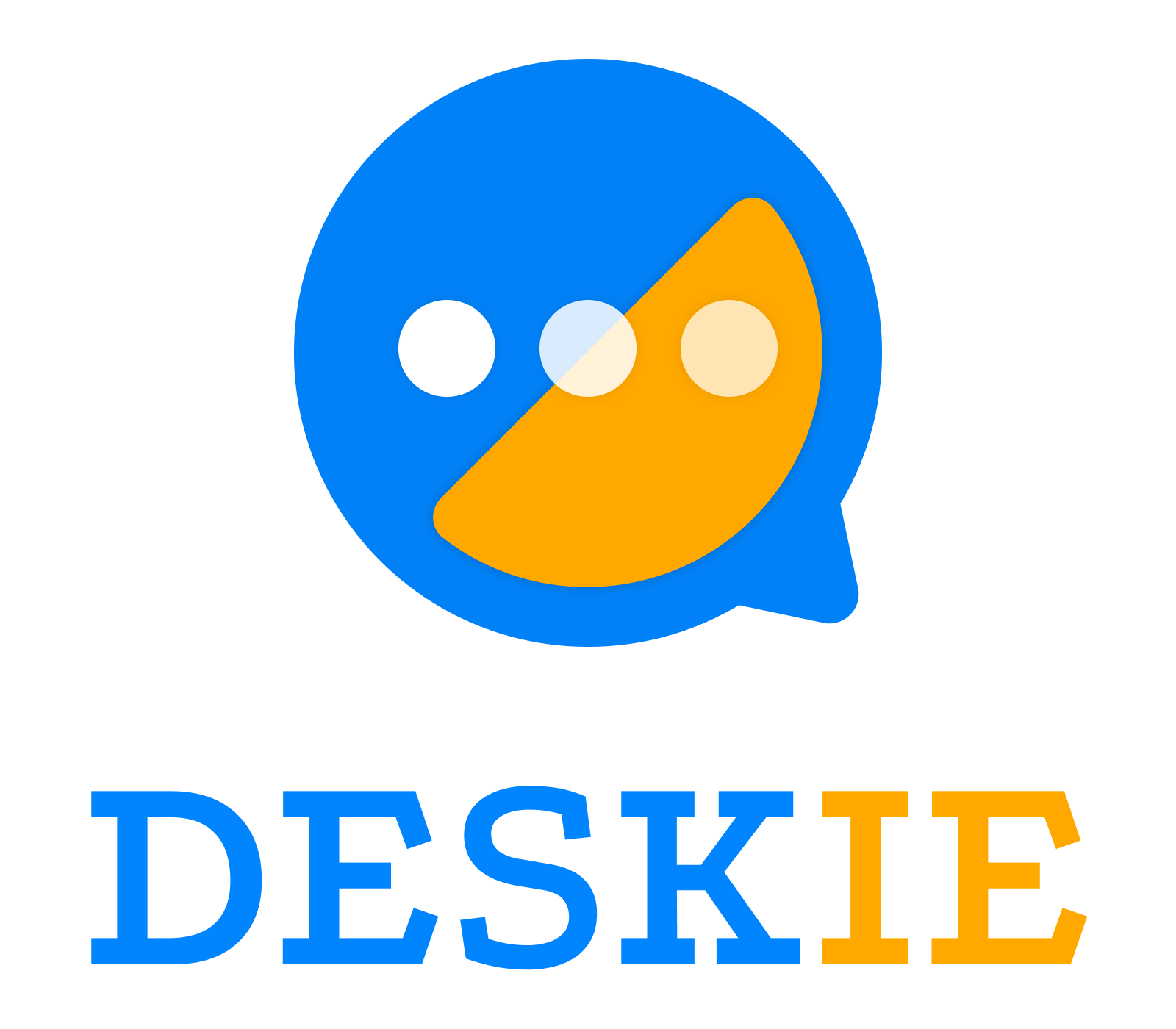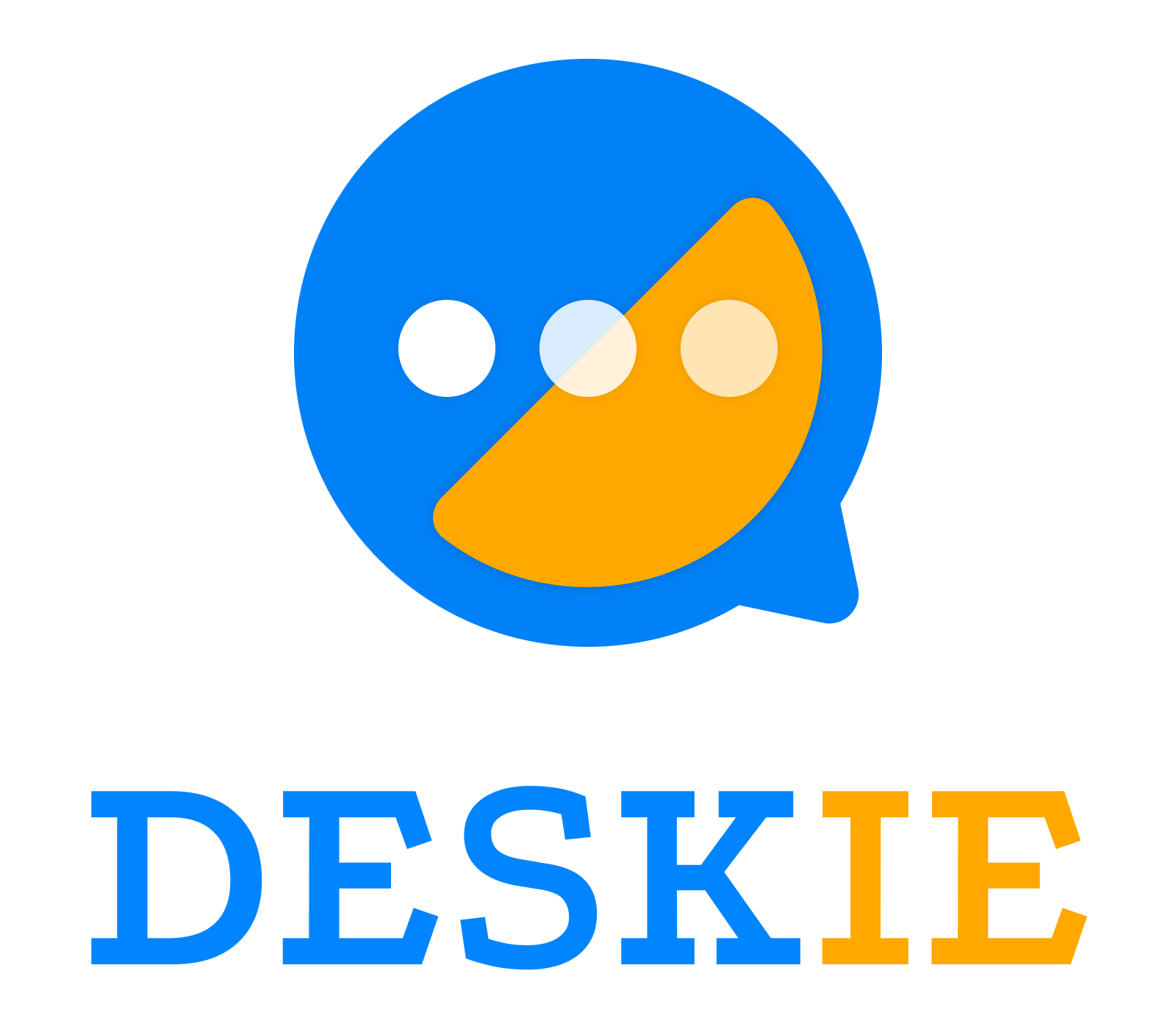We use cookies to improve your browsing experience and show personalized content of our service. By choosing "I Accept", you consent to our use of cookies and other technologies of Deskie.
Size daha uygun ve daha iyi hizmet sunabilmemiz için çerezleri kullanıyoruz. "Kabul Et" düğmesine tıklayarak, çerez kullanımını ve aynı amaç için diğer araçların Deskie tarafından kullanılmalarını onaylamış olursunuz.
How to motivate your Customer Support Team?

The true battle for lifetime customer loyalty is quiet and obscure. It goes on backstage, away from glittering storefronts and grand facades. Often these battles are won by support agents, not by top managers. Therefore, a motivated support team is one of the key components of success.
86 % are willing to spend more with companies they believe provide excellent customer service (Oracle, "Customer Experience Impact Report", 2011 г.). But one thing is finding a talented agent and another one is motivating them to work effectively.
To make your life easier we are sharing eight proven methods to boost your support team's motivation. Be sure to use them: agents who are satisfied with their work show much higher results compared to their colleagues who "serve" the required hours.
To make your life easier we are sharing eight proven methods to boost your support team's motivation. Be sure to use them: agents who are satisfied with their work show much higher results compared to their colleagues who "serve" the required hours.
1. Give them their due
81% of 2000 respondents (Glassdoor study, 2013) said they are motivated to work harder when they feel appreciated. Leader appreciation is the cornerstone of employee performance. How to express such appreciation — morally or by cash — is up to you. Although, another study shows that even simple words of gratitude can increase the response by double.
In an experiment, conducted by scientists, people were asked to give feedback on a cover letter of a fictional student. After submitting the feedback, they got an email from this "student". Half of the participants received a flat request, and half received a letter, where the same request was preceded by gratitude for the feedback. Results were impressive: 32% responded from the first group, and 68% from the second.
Nurture agents for their achievements and they will perform even better.
In an experiment, conducted by scientists, people were asked to give feedback on a cover letter of a fictional student. After submitting the feedback, they got an email from this "student". Half of the participants received a flat request, and half received a letter, where the same request was preceded by gratitude for the feedback. Results were impressive: 32% responded from the first group, and 68% from the second.
Nurture agents for their achievements and they will perform even better.
2. Communicate
Customer support service is the front line. Do you know how many battles had been lost just because of the communication failure between the front line and the headquarters? Don't make this mistake: information exchange should be two-way.
To provide excellent service, management should communicate with the support team on a regular basis. Moreover, communication does not mean listening “for the record”. The support agent conveys the wishes and problems of customers, so take this issue seriously.
To get comprehensive information, let the agent feel free. There is also an additional nuance — having a voice along with the management's attention increases the agent's self-esteem and has a positive impact on work.
To provide excellent service, management should communicate with the support team on a regular basis. Moreover, communication does not mean listening “for the record”. The support agent conveys the wishes and problems of customers, so take this issue seriously.
To get comprehensive information, let the agent feel free. There is also an additional nuance — having a voice along with the management's attention increases the agent's self-esteem and has a positive impact on work.
3. Participate
A lot of companies, including Amazon, Zappos, and Buffer, use a shared customer support model. Each employee devotes a certain part of their time to work in support. Such an approach shows the support staff how important is their work and allows other company departments to be closer to customers, to learn firsthand about their needs.
Don't be afraid to "get your hands dirty". Communication with customers is a great opportunity to identify areas of weakness and improve the service level.
Don't be afraid to "get your hands dirty". Communication with customers is a great opportunity to identify areas of weakness and improve the service level.
4. Trust
Personnel who is constantly under strict supervision, perform worse than agents who feel the trust of their supervisors. If an agent understands that they are out of the trust circle, they do not expect praise for the work done and, as a result, do not give their best.
Remote work and the massive use of online tools have led to a situation where the line between home and work is as blurry as ever. That's why it's important to encourage the autonomy of your agents: they have to decide for themselves how and when the work is done. So stop being paranoid and learn how to trust.
Remote work and the massive use of online tools have led to a situation where the line between home and work is as blurry as ever. That's why it's important to encourage the autonomy of your agents: they have to decide for themselves how and when the work is done. So stop being paranoid and learn how to trust.
5. Encourage competitions
Covert contests and friendly competitions work wonders. It's all about the inclination to rivalry, which is inherent in human nature. Just create certain conditions, give it a slight push and enjoy the show :)
Here is an example from a popular book by Dale Carnegie "How to Win Friends and Influence People". Once, Charles Schwab had a mill manager whose employees weren’t making their quota. At the end of one day, Schwab asked how many heats (a unit in the steel mill) the day shift made. When the manager said six, he chalked the number on the floor. The next day, the night shift had chalked in the number seven—proving that they made more than the day shift. So, the crew enthusiastically pitched in and made 10 heats.
Presenting a "random" challenge appeals to people’s desire to excel much more effectively than threats of dismissal, fines, and swearing.
Here is an example from a popular book by Dale Carnegie "How to Win Friends and Influence People". Once, Charles Schwab had a mill manager whose employees weren’t making their quota. At the end of one day, Schwab asked how many heats (a unit in the steel mill) the day shift made. When the manager said six, he chalked the number on the floor. The next day, the night shift had chalked in the number seven—proving that they made more than the day shift. So, the crew enthusiastically pitched in and made 10 heats.
Presenting a "random" challenge appeals to people’s desire to excel much more effectively than threats of dismissal, fines, and swearing.
6. Provide resources
It's easy to destroy motivation by forgetting about the quality of equipment and applications to get the job done. You can not equip the support service on a residual basis. Complicated, inconvenient, on their last legs tools will discourage even a talented agent from working.
Do not be stingy and provide your team with everything they need. By doing this, you will kill two birds with one stone: will make it clear to support agents that they are valued in the company, and increase labor productivity.
Do not be stingy and provide your team with everything they need. By doing this, you will kill two birds with one stone: will make it clear to support agents that they are valued in the company, and increase labor productivity.
7. Educate
When hiring support reps you bring them up to date and pump their basic skills up. But don't stop just there. Regularly conduct additional training, masterclasses, and courses.
Perfecting skills will certainly bring dividends — think about 81% of customers from the beginning of the article. When agents get inspired, the service level gets improved. Showing concern reflects your willingness to invest in customer support, infuses confidence in your staff, and makes it clear that they are able to build a career in the company.
Perfecting skills will certainly bring dividends — think about 81% of customers from the beginning of the article. When agents get inspired, the service level gets improved. Showing concern reflects your willingness to invest in customer support, infuses confidence in your staff, and makes it clear that they are able to build a career in the company.
8. Spread the workload
Crises situations are quite common in business, but the work of support agents itself requires a lot of tension and takes plenty of energy. Working overtime on a regular basis leads to reduced productivity and even breakdowns. The agent becomes burnout and stops showing the previous results. Don't let it get to that.
Lunch break, sick leave, time off, and shifting of working hours are necessary for proper workload distribution. When agents have time to replenish their strength, they serve customers a lot better.
Lunch break, sick leave, time off, and shifting of working hours are necessary for proper workload distribution. When agents have time to replenish their strength, they serve customers a lot better.
Support service is the first and often the only point of contact between customers and business. The time you spend caring for and motivating agents helps them open up, and has a direct impact on the number of satisfied and loyal customers.

